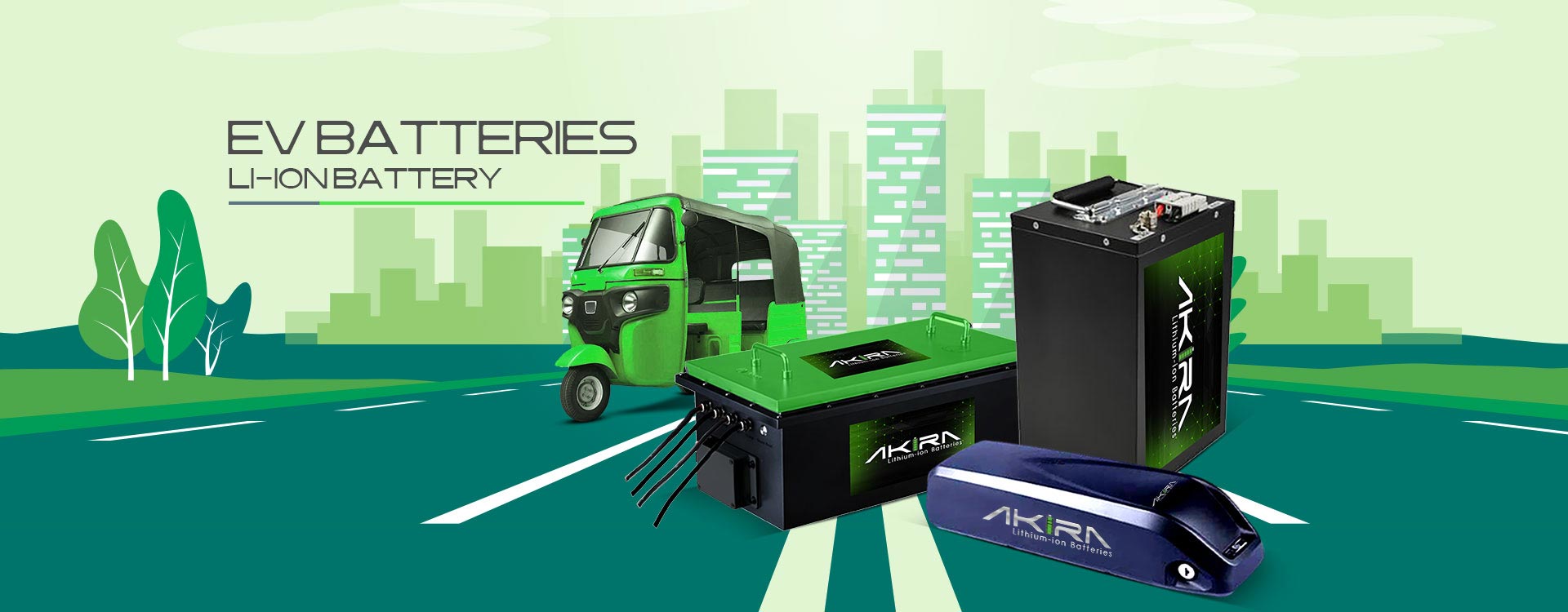Lithium-ion batteries, rechargeable batteries, have become an integral part of modern inverter technology after being introduced in the year 1999. Now, not only inverters but they power tablets, laptops and smartphones across the world. Apart from that lithium-ion batteries are proving their potential by supporting electrical vehicles in the emerging market. Many experts are predicting that the benefits offered by these batteries are bound to replace conventional petrol-fuelled vehicles by empowering electric cars, electric motorcycles, trucks and buses. There are many advantages of this type of battery which are then resulting in a hike in the number of EV Battery Manufacturer. With the information provided in this blog, you can enhance your knowledge base related to amazing benefits offered by lithium-ion batteries.
Compact and lightweight
Lithium and carbon electrolytes are used in lithium-ion batteries and the properties of these electrolytes include lightness. They are also smaller than the components used in lead-acid batteries but they offer twice the capacity. This characteristic makes lithium-ion batteries easier to carry, and achieve increased runtime.
High energy density
Lithium is a metal that releases and stores great amounts of energy packed in a small size. It also delivers a high level of performance. This leads to longer life of the batteries as compared to other rechargeable batteries. If you are looking for a high-quality battery option then you can choose Ruchira Green Earth,one of the leading lithium-ion battery manufacturers in India. You can contact the professionals and find out the best one as per your requirements.
Require less maintenance
Unlike many older types of batteries, lithium-ion batteries don’t have a lazy battery effect or memory effect. It means that they tend to use all their power and give up their last bit of power. In simple words, these types of batteries can be recharged any time, no matter if the battery percentage is 95% or 20%. The best part is that there is no high-fi maintenance required for the same.
Low self-discharge rate
Self-discharge is an irreversible and natural phenomenon that every battery has to go through. Lithium-ion batteries possess that rate to be very low which then reduces its recharging requirements. Within the first 24 hours of use, the battery peaks at about 5% of self-discharging rate and then it stabilizes at 1-2% of self-discharge in a month. On the other hand, nickel-based rechargeable batteries lose around 10 to 15% in the first 24 hours and then another 10-15% in a month.
